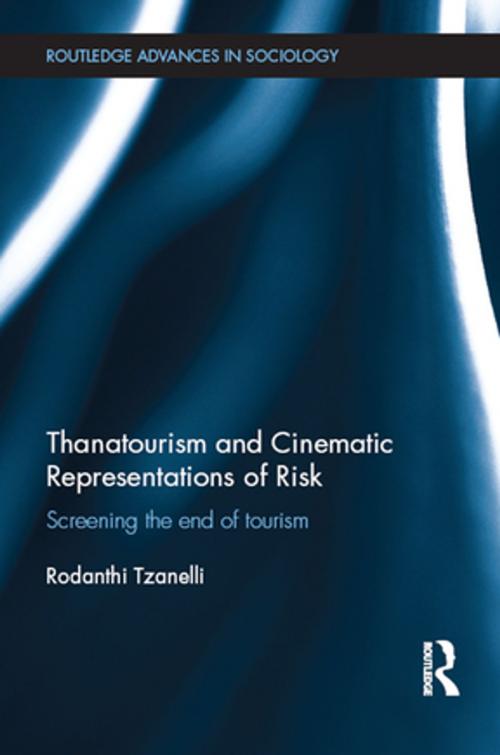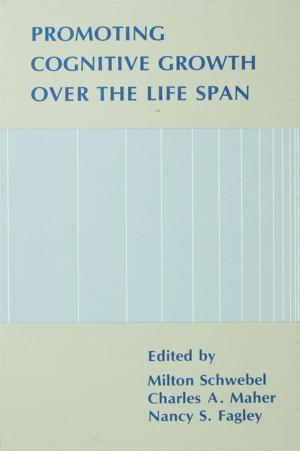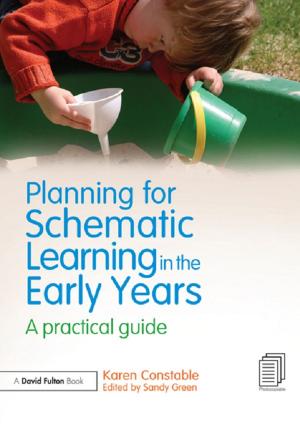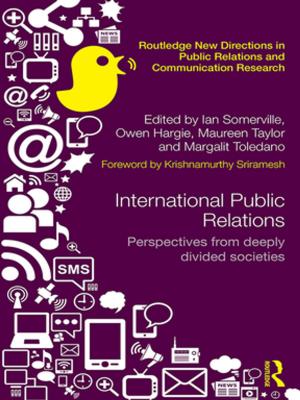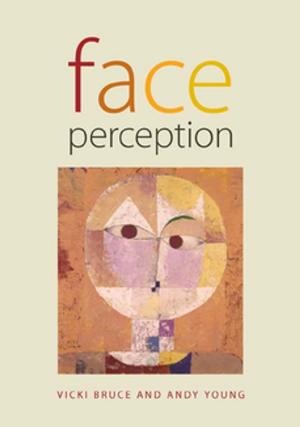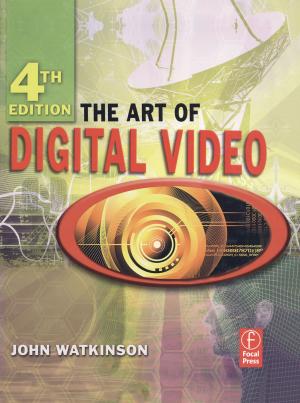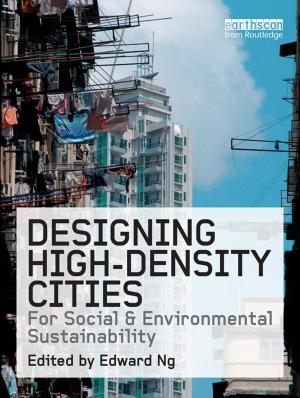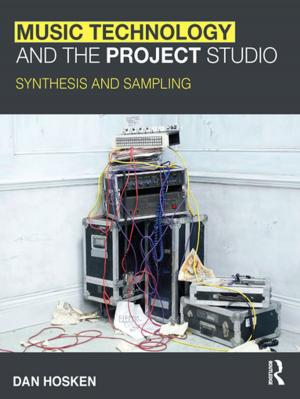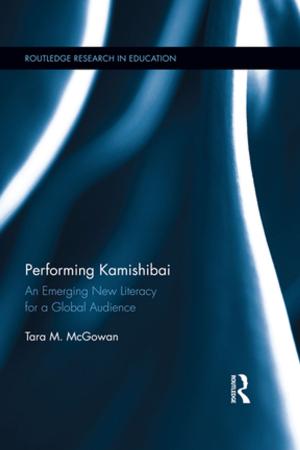Thanatourism and Cinematic Representations of Risk
Screening the End of Tourism
Nonfiction, Social & Cultural Studies, Social Science, Sociology| Author: | Rodanthi Tzanelli | ISBN: | 9781317228004 |
| Publisher: | Taylor and Francis | Publication: | April 14, 2016 |
| Imprint: | Routledge | Language: | English |
| Author: | Rodanthi Tzanelli |
| ISBN: | 9781317228004 |
| Publisher: | Taylor and Francis |
| Publication: | April 14, 2016 |
| Imprint: | Routledge |
| Language: | English |
In today’s world, the need to eliminate natural and human-made disasters has been at the forefront of national and international socio-political agendas. The management of risks such as terrorism, labour strikes, protests and environmental degradation has become pivotal for countries that depend on their economy’s tourist sector. Indeed, there is fear that that ‘the end of tourism’ might be nigh due to inadequate institutional foresight. Yet, in designing relevant policies to tackle this, arts such as that of filmmaking have yet to receive due consideration.
This book adopts an unorthodox approach to debates about ‘the end of tourism’. Through twenty-first century cinematic narratives of symbolically interconnected ‘risks’ it considers how art envisages the future of humanity’s well-being. These ‘risks’ include: migration as an infectious disease; alien incursions as racialized labour mobilities; cyborg rebellion as the fear of post-colonial otherness; and zombie anthropophagy as the replacement of rooted identities by nomadic lifestyles.
Such filmic scenarios articulate the futuristic survival of community as the triumph of the technological human over otherness, and provide a means to debate societal risks that weave identity politics into unequal mobilities. This book will appeal to researchers and students interested in mobilities theory, tourism and travel theory, film studies and aesthetics, globalisation studies, race, labour and migration.
In today’s world, the need to eliminate natural and human-made disasters has been at the forefront of national and international socio-political agendas. The management of risks such as terrorism, labour strikes, protests and environmental degradation has become pivotal for countries that depend on their economy’s tourist sector. Indeed, there is fear that that ‘the end of tourism’ might be nigh due to inadequate institutional foresight. Yet, in designing relevant policies to tackle this, arts such as that of filmmaking have yet to receive due consideration.
This book adopts an unorthodox approach to debates about ‘the end of tourism’. Through twenty-first century cinematic narratives of symbolically interconnected ‘risks’ it considers how art envisages the future of humanity’s well-being. These ‘risks’ include: migration as an infectious disease; alien incursions as racialized labour mobilities; cyborg rebellion as the fear of post-colonial otherness; and zombie anthropophagy as the replacement of rooted identities by nomadic lifestyles.
Such filmic scenarios articulate the futuristic survival of community as the triumph of the technological human over otherness, and provide a means to debate societal risks that weave identity politics into unequal mobilities. This book will appeal to researchers and students interested in mobilities theory, tourism and travel theory, film studies and aesthetics, globalisation studies, race, labour and migration.
